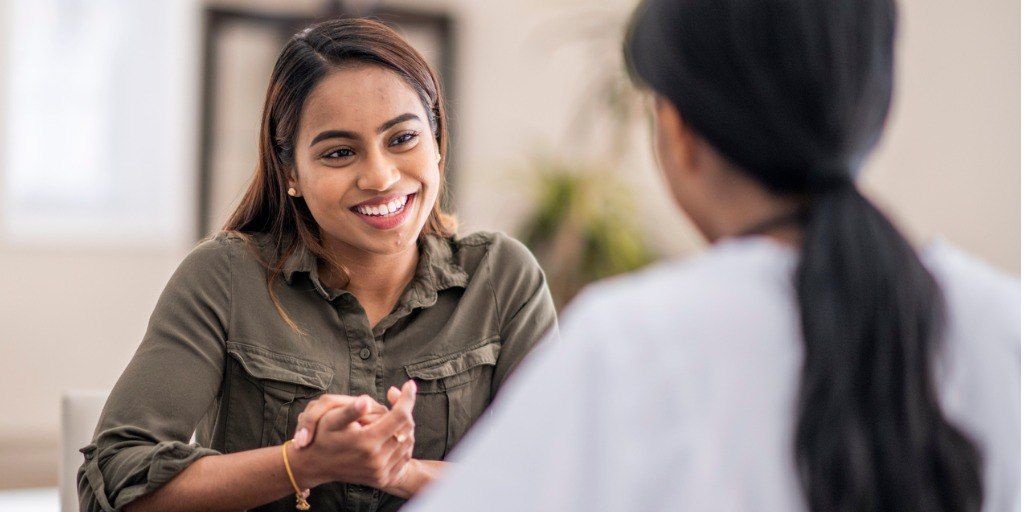Explore the ins and outs of concierge medicine, executive health, and becoming a concierge doctor.

4 min read
2 min read
6 min read
3 min read
2 min read
2 min read
You’ll receive our newest content via email on Saturday mornings. From time to time, we’ll also send out event invitations and special offers.
Sample topics include:
Complete the short form to subscribe.
You’ll receive our newest content via email on Saturday mornings. From time to time, we’ll also send out event invitations and special offers.
Sample topics include:
Complete the short form to subscribe.